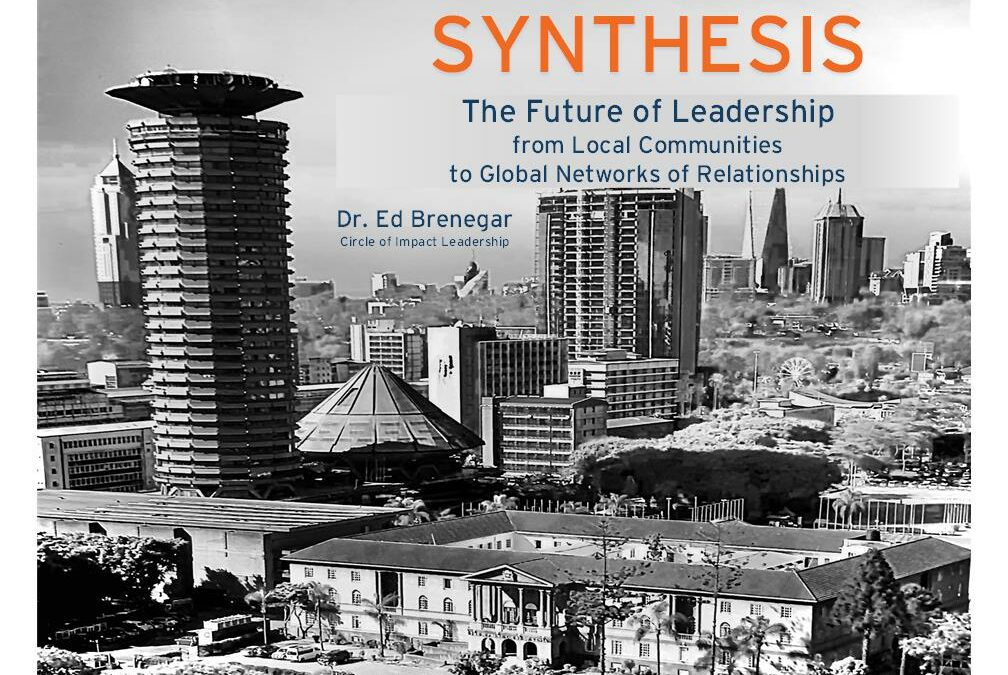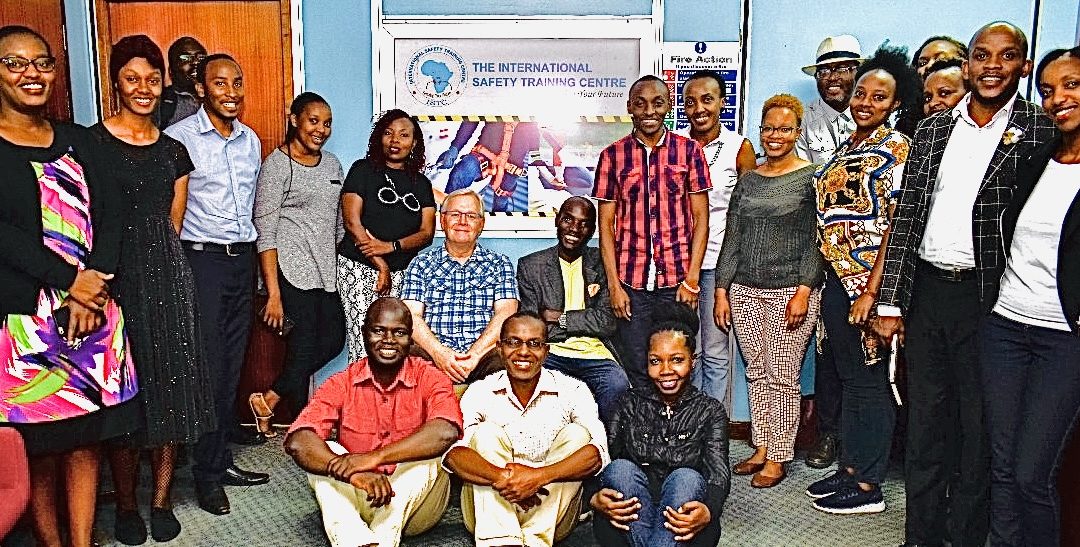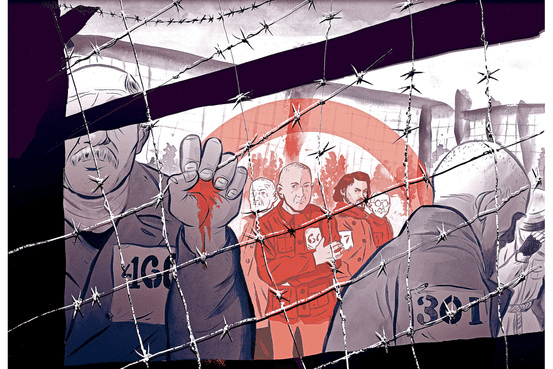


The Two Global Forces Series
The Two Global Forces Series at The Future of Leadership Substack The dynamic we are in is the tension between the global and the local, between centralization and decentralization, and what happens when the center of society no longer supports the periphery....
The Future of Leadership
The future of leadership is not its past. Complexity and dynamism are forcing our world to change. Many organizations and nations will not survive.
Two of my African colleagues have commented to me recently about their optimism for the future of their continent. One told me that 70% of Africa is now under 30 years of age. The other said that by the year 2050, there will be one billion people in Africa under the age of 25.
As I try to make sense of what these numbers mean for the future of Africa and the world, I realized that it points to a dramatic change in how we develop and deploy leaders. Not only how we develop them, but the kind of organizations that they will be willing to work in. This is a discussion that we need to have.

Elevating Leadership Capacity
When people solve their own problems, they also gain skills in communication, collaboration, and innovation. All are leadership skills that everyone needs to acquire regardless of the position that they have in the organization. What, then, is the impact of this approach to leadership. In simple terms, it moves an organization from being leadership starved to being leader-rich. More definitively, it decentralizes the capacity of an organization to solve its problems. I saw this effect in an organization that I served many years ago. Small problems flowed up through the hierarchy to the vice-president’s desk. By then a problem had turned into an issue between the company and the union. When the company implemented a program to train and support all their employees in practicing these leadership skills, the trust level in the company grew, ultimately gaining the awareness of Forbes magazine in their annual list of most trustworthy companies. This is the potential that results from elevating the leadership capacity of people.

Peter Drucker Looking Forward
The following was first posted November 19, 2008. It looks at some of the work of Peter Drucker. His prescient ability to see global change should draw us back to his writings as insightful for our time. Reflecting on what I wrote ten years ago, I am more convinced...
“If we live in a state of constant fear, can we remain human?”
“You only have power over people as long as you don’t take everything away from them. But when you’ve robbed a man of everything, he’s no longer in your power–he’s free again.”
– In The First Circle, Alexandr Solzhenitsyn

